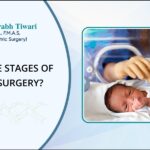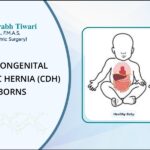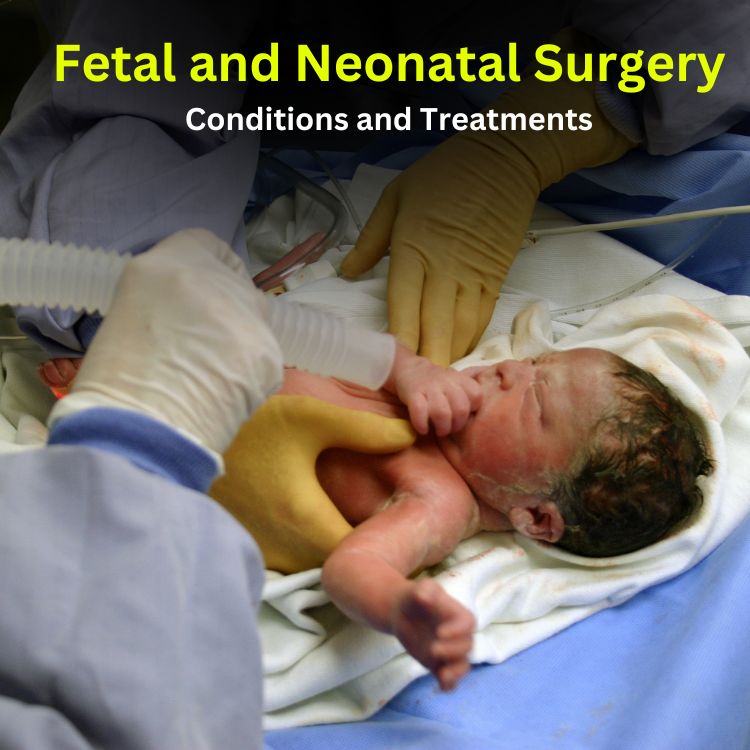Introduction
The field of fetal and neonatal surgery has witnessed remarkable advancements in recent years, offering hope to families facing complex medical conditions during pregnancy and in the early days of a newborn’s life.
In this blog, we will explore various conditions that may require fetal and neonatal surgery, along with the treatments available to address them.
Conditions Requiring Fetal and Neonatal Surgery
- Congenital Heart Defects: Some babies are born with structural heart problems that require correction through surgical procedures. Conditions like ventricular septal defects (VSD), atrial septal defects (ASD), and Tetralogy of Fallot may necessitate surgery shortly after birth.
- Gastrointestinal Anomalies: Conditions like esophageal atresia, intestinal obstructions, and Hirschsprung’s disease may require surgical intervention to ensure proper functioning of the digestive system.
- Spina Bifida: A neural tube defect where the spinal cord is exposed, spina bifida often demands surgical closure to prevent further damage and infections.
- Congenital Diaphragmatic Hernia (CDH): CDH occurs when the diaphragm doesn’t develop properly, allowing abdominal organs to move into the chest cavity. Surgery is often required to reposition the organs and repair the diaphragm.
- Twin-to-Twin Transfusion Syndrome (TTTS): In cases of identical twins sharing a placenta, TTTS can occur. Fetal surgery may be necessary to correct the unequal blood flow between the twins.
- Tracheoesophageal Fistula: Tracheoesophageal Fistula is an abnormal connection between the windpipe (trachea) and the esophagus, often present at birth, causing breathing and feeding difficulties.
- Anorectal Malformations: congenital abnormalities affecting the rectum and anus, requiring medical intervention for functional correction and improved quality of life.
Treatments for Fetal and Neonatal Surgery
- Open Surgery: In some cases, traditional open surgery may be necessary, involving a larger incision to access and correct the issue. Advances in surgical techniques have reduced the invasiveness of such procedures.
- Minimally Invasive Surgery: Techniques like laparoscopy and thoracoscopy allow surgeons to perform complex surgeries through small incisions, reducing scarring and recovery time.
- Fetal Surgery: Some conditions are treated before birth, such as repairing spina bifida or TS correction. These surgeries are highly specialized and performed by experts in fetal medicine.
Conclusion
Fetal and neonatal surgery is a rapidly evolving field that offers hope to families facing complex medical conditions during pregnancy and childbirth. It’s essential to consult with a knowledgeable and experienced specialist, such as Dr. Saurabh Tiwari, for a comprehensive evaluation and treatment plan.
For more information and consultations, you can reach out to Dr. Saurabh Tiwari at:
– Email: drsjtiwari@gmail.com
– Phone: 9326050270
Taking early action and seeking expert care can make a significant difference in the outcomes for newborns facing surgical challenges.




